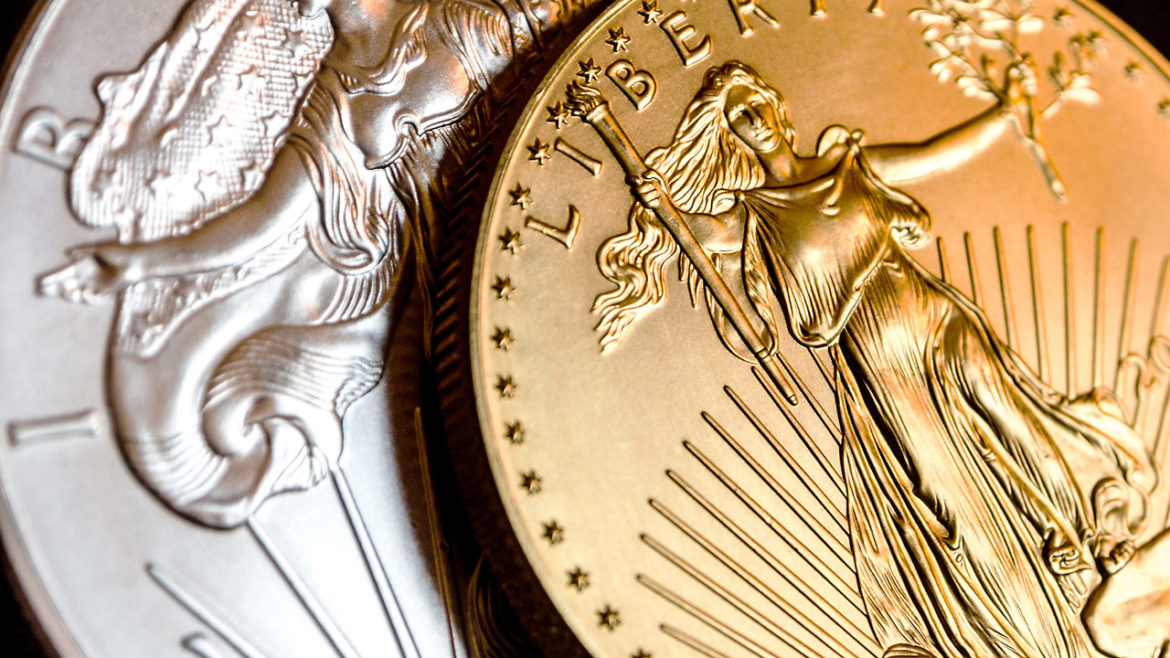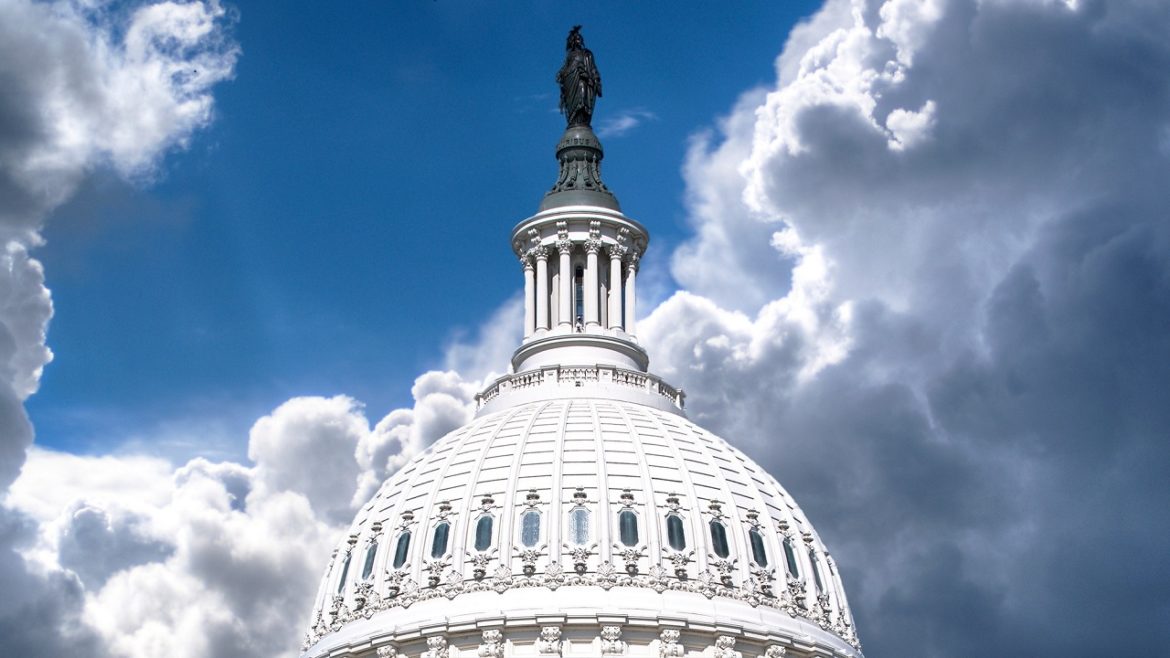Gold has all the potential to go unprecedentedly high. But silver will be gold on
Site:
Precious metals news
New platforms for cross-border central bank digital currencies (CBDCs) could improve efficiency and safety, according to the IMF. They propose a global CBDC platform with capital controls to reduce payment costs. The IMF is working on a global infrastructure for different CBDCs to work together. The system would enhance cross-border payments and financial markets while protecting privacy. Blockchain technology has limitations, including validator costs, security, efficiency, and privacy concerns.
 Shocking Housing Starts Data: Economists Blown Away By 11-Sigma Beat After Biggest Monthly Surge On Record
Shocking Housing Starts Data: Economists Blown Away By 11-Sigma Beat After Biggest Monthly Surge On RecordJun 20, 2023 - 07:48:05 PDT
US housing starts and permits in May surprised experts as they soared to record highs. Housing starts rose by 21.7% to a 1.63 million annualized rate, while permits climbed 5.2% to 1.49 million units. The data indicates a stabilizing housing market but also highlights the impact of high mortgage rates on affordability. The strong numbers are expected to boost Q2 GDP estimates.
In June, homesellers in London cut prices the most in the UK as borrowing costs increased, affecting affordability in the expensive property market. London's asking prices dropped by 1.6% compared to May, while national prices remained largely unchanged, with a 1.1% annual increase. Rising mortgage rates, driven by expectations of higher interest rates, have raised concerns about a potential economic downturn. Rates have reached 6%, the highest in over two decades. This week's inflation figures and a predicted quarter-point rate increase by the Bank of England will be significant factors in shaping the market's future.
 Fake Savings Bond Scheme Leads to $50M in Losses and Issues for Legitimate Savers
Fake Savings Bond Scheme Leads to $50M in Losses and Issues for Legitimate SaversJun 20, 2023 - 07:32:58 PDT
Counterfeit U.S. Savings Bonds worth $1 million were found in South Texas banks as part of a scheme to cash fake bonds. Nationwide losses exceed $50 million. Legitimate savers face difficulties cashing real bonds at banks due to these counterfeit bonds. Chase and other banks have imposed restrictions, limiting redemption to $500 at branches. Savers now need to mail bonds via TreasuryDirect.gov. The rise of counterfeit bonds poses obstacles for genuine savers with accumulated paper bonds.
The FDIC recently took control of the deposits belonging to Asian customers of Silicon Valley Bank, but their loans remained under the purview of First Citizens Bank. The FDIC, which was established to safeguard insured deposits and ensure the stability of the banking sector, plays a crucial role in such situations.
China's slow stimulus rollout is fueling concerns about the weakening economy. The State Council refrained from announcing specific support measures, leading to disappointment in the market. Stimulus is expected to be limited and follow a gradual approach, focusing on fiscal measures, easing property policies, and supporting new growth industries. Several major banks have downgraded their growth forecasts for China. There is a pressing need to spur growth, and local governments are expected to play a role in promoting it.
Federal Reserve Chair Jerome Powell will testify before Congress and face questions about the Fed's decision to pause interest rate hikes. Central banks in the UK, Switzerland, and Norway are tightening, while Turkey may implement a significant rate hike. French President Emmanuel Macron and Barbados Prime Minister Mia Mottley will host a summit on a new global financial pact.
Jun 20, 2023 - 06:22:52 PDT
House Speaker Kevin McCarthy's agreement to propose additional spending cuts ensures ongoing partisan spending fights, increasing the risk of government shutdowns and market instability. The House Appropriations Committee will set spending levels, with Republicans seeking additional cuts beyond the debt-ceiling deal. A government shutdown in October is possible without bipartisan agreement. The gridlock could also lead to a fiscal cliff in 2024 if no budget deal is reached.
UK economy at risk of sharp recession and job losses if interest rates reach predicted 6% level. Higher borrowing costs strain households and increase corporate insolvencies. Bank of England may induce downturn to control slow-declining inflation. Concerns over unemployment spikes, falling consumer spending, and housing market crash. Government's options limited, constrained public spending. Corporate sector seen as recession trigger. Striking balance in financial conditions challenging for central banks. Policy error could worsen situation.
Central banks' contrasting policy decisions highlight the uncertain global economic recovery and inflation control struggles. The Fed paused but signaled future rate increases, China cut rates due to faltering recovery, and the ECB raised rates amidst inflation concerns. The Bank of England's decision is anticipated, while NatWest and Nationwide raised mortgage rates. Central banks face criticism and the need for effective communication to regain public confidence.
Investor sentiment is bullish, but economic surprise indices have declined, particularly in the euro area. Stimulus plans have failed to deliver significant economic returns, and social programs have not effectively addressed poverty. The weakening eurozone economy is attributed to government spending, not rate hikes. Normalization of monetary policy is happening slowly, and government programs are unlikely to generate substantial improvements.
Treasuries dropped globally as concerns over inflation and monetary tightening persisted. UK yields rose to their highest level since September, leading to declines in government debt. Traders are betting on higher central bank rates in developed markets, indicating a shift in momentum. However, some investors are still looking to buy bonds on the belief that most of the policy tightening is already behind us.
A bill making its way through the North Carolina legislature would mandate a cost-and-benefit study on creating a state precious metals bullion depository. A bullion depository would not only create a safe place to store precious metals; it could also facilitate the everyday use of gold and silver in financial transactions in North Carolina and set the stage to undermine the Federal Reserve’s monopoly on money.
Join Mike Maloney in today’s must-watch update, as he lifts the lid on the ’Global War On Crypto’ and what could be coming next.
Global markets and US equity futures extended their decline for a second day due to a risk-off sentiment. Investor disappointment followed the below-par reduction in benchmark lending rates by Chinese banks. The second-quarter rally faced resistance from economic challenges, overbought conditions, and stretched positioning. S&P futures dropped 0.4%, Nasdaq futures dipped 0.3%, and MegaCap tech stocks led the weakness. Commodity prices were mostly lower, but there were gains in oil, gold, and Bitcoin.
The global precious metals market is on pace to top $400 billion within the next five years.According to Fortune Business Insights, an India-based consultancy company, the precious metals market is on pace to hit $403.1 billion by 2028, driven primarily by the gold market. This is up from $275 billion in 2021.
The great anti-federalist Brutus wrote, “I can scarcely contemplate a greater calamity that could befall this country, than to be loaded with a debt exceeding their ability ever to discharge.”And here we are.With little fanfare, the national debt blew past $32 trillion last week.
 In Another Potential Blow to Dollar Dominance, Kenyan President Urges Shift Away from Greenback in African Trade
In Another Potential Blow to Dollar Dominance, Kenyan President Urges Shift Away from Greenback in African TradeJune 19, 2023
Dollar doubts continue to grow, threatening the greenback's perch at the top of the global financial system.Last week, Kenyan President William Samoei Ruto suggested that African nations should shift away from using the dollar in intercontinental trade.
 METALS & ENERGY UPDATE JUNE 19th: What's Going On With The Precious Metals & Get Prepared For Energy Cost Push In...
METALS & ENERGY UPDATE JUNE 19th: What's Going On With The Precious Metals & Get Prepared For Energy Cost Push In...June 19, 2023
While the Federal Reserve thinks it has the upper hand on inflation... think again. Unfortunately, for the Federal Reserve, it will be an impossible task to tame the future "Energy Cost Push Inflation." Why, the Energy Cliff returns to BITE HARD in the next several quarters...
Gold's recent pullback appears to be bottoming out, displaying resilience despite hawkish sentiments from the Federal Reserve. Speculators maintain bullish positions, indicating positive sentiment. The current upleg is still in its early stages, with significant room for growth as stage-two buying has yet to fully engage. This suggests the potential for a larger gold upleg fueled by positive catalysts and increasing momentum.







